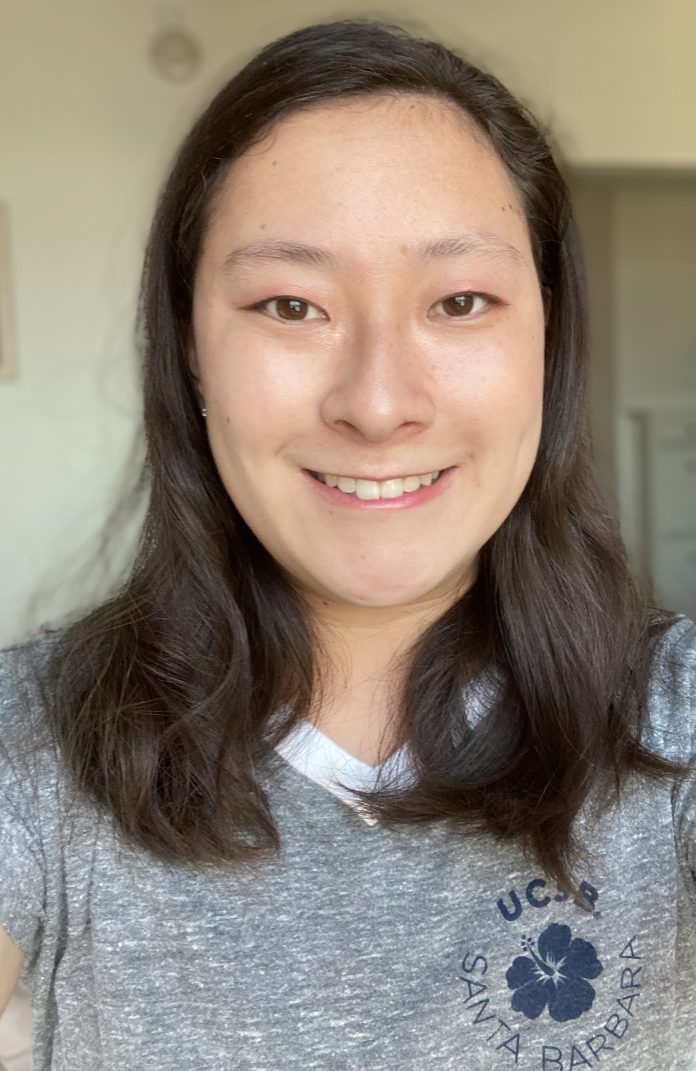Anne Le
AS Beat Reporter
This fall, the Associated Students (AS) Commission on Disability Equity (CODE) emerged with a new coalition called the Accessibility, Diversity, Advocacy Coalition (ADAC). The Bottom Line (TBL) sat down with Sophia Lee-Park, co-director of CODE to unpack this new coalition, discuss what it means for students and the disabled community, and the importance of accessibility and inclusion at UC Santa Barbara (UCSB).
For those who are not familiar with CODE, it is a student organization devoted to disability justice and advocacy. The AS entity promotes education opportunities, community building, and self-compassion for students with any disabilities. Disabilities can be seen in different ways and in anyone. This coalition aims to create a safe space where students can come and get the resources and support they need to succeed. CODE believes that this coalition is also a way for them to pay homage to easy education access for students with disabilities.
ADAC was inspired by UC Berkeley Justice Advocacy, and it aims to focus on subdivisions that students will be able to go to for specific needs and resources. The coalition is made up of the following subdivision teams: facilities management and accessibility, disabled students program liaison, basic needs, disability health advocacy, UC campus-wide networking and building Solidarity, transitional support, and employment and vocational services/career development and post graduation teams.
The goal of these divisions is to increase representation and involvement both of and within CODE. Lee-Park stated that CODE itself lacks the representation that it needs. She wants students to have a platform and feels that classroom settings may have the ability to support students and their needs, but oftentimes it is not enough.
In a recruiting message, Lee-Park gave a quick rundown of what each team does.
The main focus of the facilities maintenance and accessibility team is to have campus walks to assess physical accessibility and ADA violations in house and university event venues. They also hold meetings with administration and housing staff to discuss complaints, emergency protocols, and more.
The disabled students program liaison team focuses on meeting with the Disabled Students Program (DSP) to improve or expand existing support services. The team’s aims include restructuring ableist course registration and academic systems, promoting DSP to provide visibility and education, and improving current and ongoing funds.
The basic needs team looks into the centralized acquisition and distribution of basic needs such as housing and food resources, financial resources, menstrual products, and COVID-19 supplies.
The disability health advocacy team focuses on advocating for students facing ableism from UCSB’s Student Health Services (SHS), educating SHS staff and doctors on disability justice in medicine, and providing resources on disability mental well-being and sexual health.
The UC campus-wide networking and building solidarity team promotes civic engagement in our institutional culture on our campuses and in the larger UC community.
The transitional support team advises fellow incoming and returning college students and staff through our collective and unique lived experiences with diagnosed and undiagnosed disabilities. This also includes the transition from virtual learning to in-person learning.
The employment and vocational services/career development and post graduation team discusses long-term career development goals and improved career support services and opportunities.
They are also an avenue for self-compassion. Lee-Park expressed her thoughts to TBL on CODE’s new coalition and also shared a few insights on her experience in CODE.
She shared that during her first year at UCSB, she was very focused on her academics and campus life. The more she was active and involved in school, the more she realized that there was not enough accessibility for disabled students with disabilities.
“[These] social models say that it is society and failures that are making it hard for the disabled to gain access to education,” Lee-Park told TBL.
There have been some barriers that this coalition will face. Lee-Park has mentioned that the issue of time commitment for a representative can impact how well the subdivisions will function. The internal operations of how AS works and what they expect of an officer is also a challenge that one can face. It is also important to be mindful of the fact that most people with disabilities tend to not get hired often because of any disabilities they have.
At the end of the day, whether you consider yourself to have a disability or not, there is always a resource for you to reach out to and seek the support and guidance you need. Visit the CODE website and stay connected with them for updates and any opportunities.











